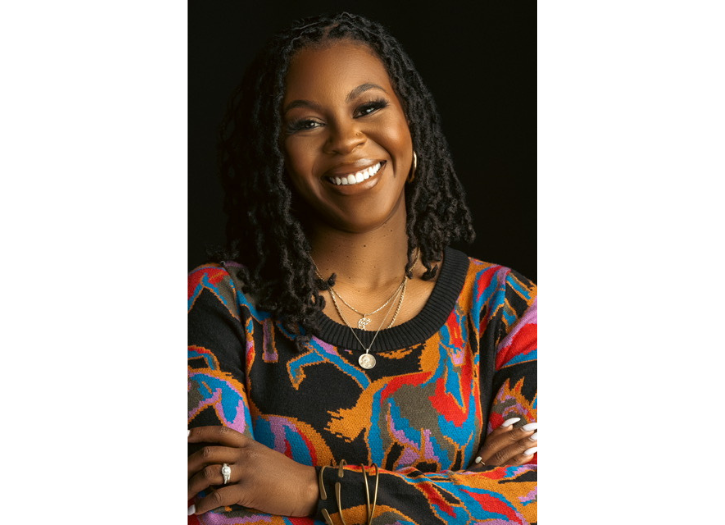What is the inspiration behind the work that you do?
Dr. Jackson: I really enjoy helping people, what I do I don’t take lightly. I know I often see people in a very vulnerable state. I hold space for them to work through their issues in order for them to become the best version of themselves and I seriously enjoy it. I wouldn’t want to do anything else in the world.
Do you believe in work-life balance? If so how do you maintain it?
Dr. Jackson: I do; however, it is something that you have to be intentional about. I maintain it by having a personal phone and a work phone and I don’t answer my work phone when I’m not working. When I am home, I am a wife and mom. I stress the importance of being present with my clients, so I make sure that I am intentional about being present in my personal life.
What are some common misconceptions about trauma therapy that you often encounter, and how do you work to dispel these misconceptions in your work?
Dr. Jackson: People often feel like if nothing “bad” has happened to them that they are fine however secondary trauma is real and symptoms mimic symptoms related to trauma. Secondary trauma occurs when someone tells you something that has happened to them and/or you witness a traumatic event, your body responds as if it has happened to you. Social media is a huge influencer of secondary trauma.
In your experience, what are some effective techniques or strategies that trauma survivors can use to cope with triggers or traumatic memories outside of therapy sessions?
Dr. Jackson: Setting clear boundaries, when triggered utilizing thought-stopping techniques and deep breathing skills. I also believe that it is important to have a safe person with whom you can share what you are experiencing trauma triggers, and you need for them to hold space for you.
How can readers connect with you online:
Dr. Jackson:
Website- https://linktr.ee/jconsultingsllc
Social media- https://www.instagram.com/dr_jaquinda_jackson?igsh=NGhwczl2MXljZG9i

Photo Credits: Courtesy of Dr. Jackson







Add Comment
You must be logged in to post a comment.